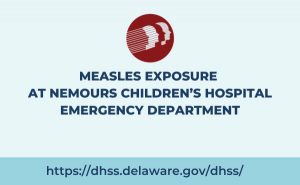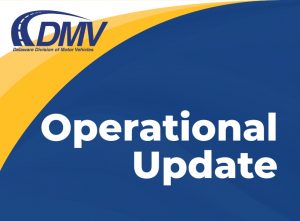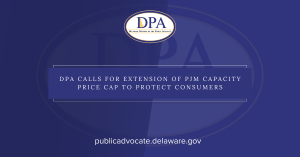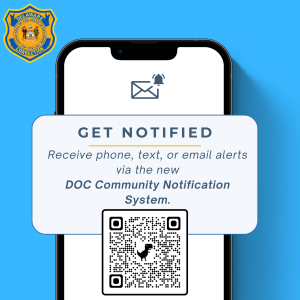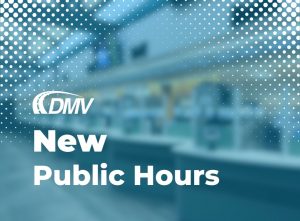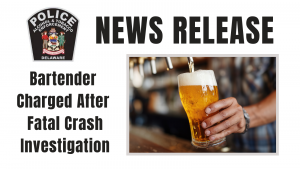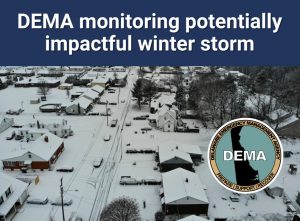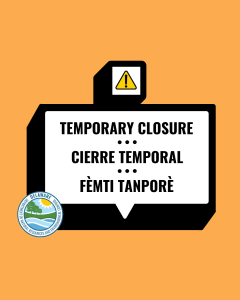Led by Lt. Governor Hall-Long, new group will develop plan to do more to help Delawareans battle substance abuse, increase mental health treatment options and support families
NEW CASTLE, Del. – Delaware officials, health professionals and community advocates came together Friday to take the next step in Delaware’s fight against substance use addiction. The Behavioral Health Consortium, created this year by the General Assembly and chaired by Lt. Governor Bethany Hall-Long, held its first meeting Friday and began its work to develop an action plan that will prevent and treat substance use disorder, expand and improve mental health treatment and recovery and provide support for family members of loved ones who are battling addiction or coping with mental health disorders.
“Every day I receive phone calls from families with loved ones who are struggling with addiction, mental illness, and sometimes both. They often don’t know where to turn.” Said consortium chair Lt. Governor Bethany Hall-Long. “We will directly address the gaps and set specific goals to reduce overdose deaths and improve services for those who are struggling. We have a lot of very dedicated people on this consortium who are ready to get to work, save lives, and make Delaware a model for other states to follow.”
Lt. Governor Hall-Long has been the leading force behind the formation of the consortium, which was formed earlier this year by the passage of Senate Bill 111, and has been tapped by Governor Carney to lead Delaware’s efforts on improving services and closing gaps for those struggling with addiction and mental illness. The creation of the consortium and coordinated plan is a recommendation of Governor Carney’s Action Plan For Delaware.
“We have an obligation to confront Delaware’s addiction crisis, and Lt. Governor Hall-Long is the right person, with the right experience, to lead our efforts,” said Governor John Carney. “This consortium will help us coordinate Delaware’s response to our addiction crisis, and develop a plan for more effectively delivering prevention and treatment services. Too many Delaware families are dealing with the effects of addiction, and we are committed to taking action. Thank you to everyone who has agreed to serve on this consortium, and thank you to our lieutenant governor for her leadership on this issue.”
“We look forward to working with the Behavioral Health Consortium and Lt. Governor Hall-Long to better coordinate mental health and addiction services across the state,” said Department of Health and Social Services Cabinet Secretary Dr. Kara Odom Walker. “Our goal is a behavioral health treatment system that is engaging, comprehensive, coordinated, integrated, high-quality and person-centered. And we’ll do that by working with individuals, families and stakeholders to identify and reach people quickly and match them with the treatment services they require.”
“As we improve our understanding of mental health and addiction issues, public policy needs to evolve as well,” said Sen. Bryan Townsend. “We’ve taken significant steps forward over the years, but one life lost to the disease of addiction is one too many. We must now ensure that everyone is working together and that we’re applying all of our efforts toward a common goal. I sponsored the legislation creating the Behavioral Health Consortium to get everyone – from lawmakers and health officials to community advocates and non-profit leaders – at the table, and I’m encouraged that we are now poised to reach new levels of coordination in our fight against the addiction epidemic.”
“In order to effectively fight the addiction epidemic in Delaware we need a diverse group of stakeholders and advocates to come together, sharing ideas and perspectives. The Behavioral Health Consortium gives us a shared table to do just that,” said Rep. David Bentz, chair of the House Health Committee. “We want to improve services for Delawareans and increase access so people will be able to get the treatment they need when they need it. I am looking forward to continued discussions around prevention, treatment and recovery for mental health and substance use disorders in the First State.”
In 2016, Delaware had over 300 overdose deaths, which is a 35 percent increase from 2015. This year, Delaware has experienced 185 overdose deaths. Many advocates recognize the need for action.
“We know that Substance Use Disorder, addiction, is a disease.” Said Dave Humes of atTAcK Addiction. “In most instances, it doesn’t stand alone. Behavioral health issues such as early trauma, depression, sexual abuse, physical abuse and emotional abuse are contributing factors to the disease of addiction. The establishment of the Behavioral Health Consortium will attempt to determine the root causes and look to implement solutions with the ultimate goal of preventing overdose deaths in Delaware.”
Delaware law enforcement also recognize the need for a coordinated approach.
“Delaware police officers come in contact with individuals suffering from mental health issues and substance abuse on a daily basis.” said Jeff Horvath of the Delaware Police Chiefs Council. “In some cases the traditional response of Law Enforcement to simply investigate reported crimes and arrest the offenders may not be the best or only approach that should be taken. We look forward to working with the other members of the Statewide Behavioral Health Consortium to find solutions.”
In addition to the work of the consortium, the Delaware Department of Health and Social Services have already launched resources to help individuals struggling with addiction. Please visit the newly updated Help is Here website at www.HelpIsHereDE.com. Individuals who are suffering from addiction can also call DHSS’ 24/7 Crisis Hotline to be connected to treatment options. In New Castle County, call 800-652-2929, or Kent and Sussex Counties, call 800-345-6785.




